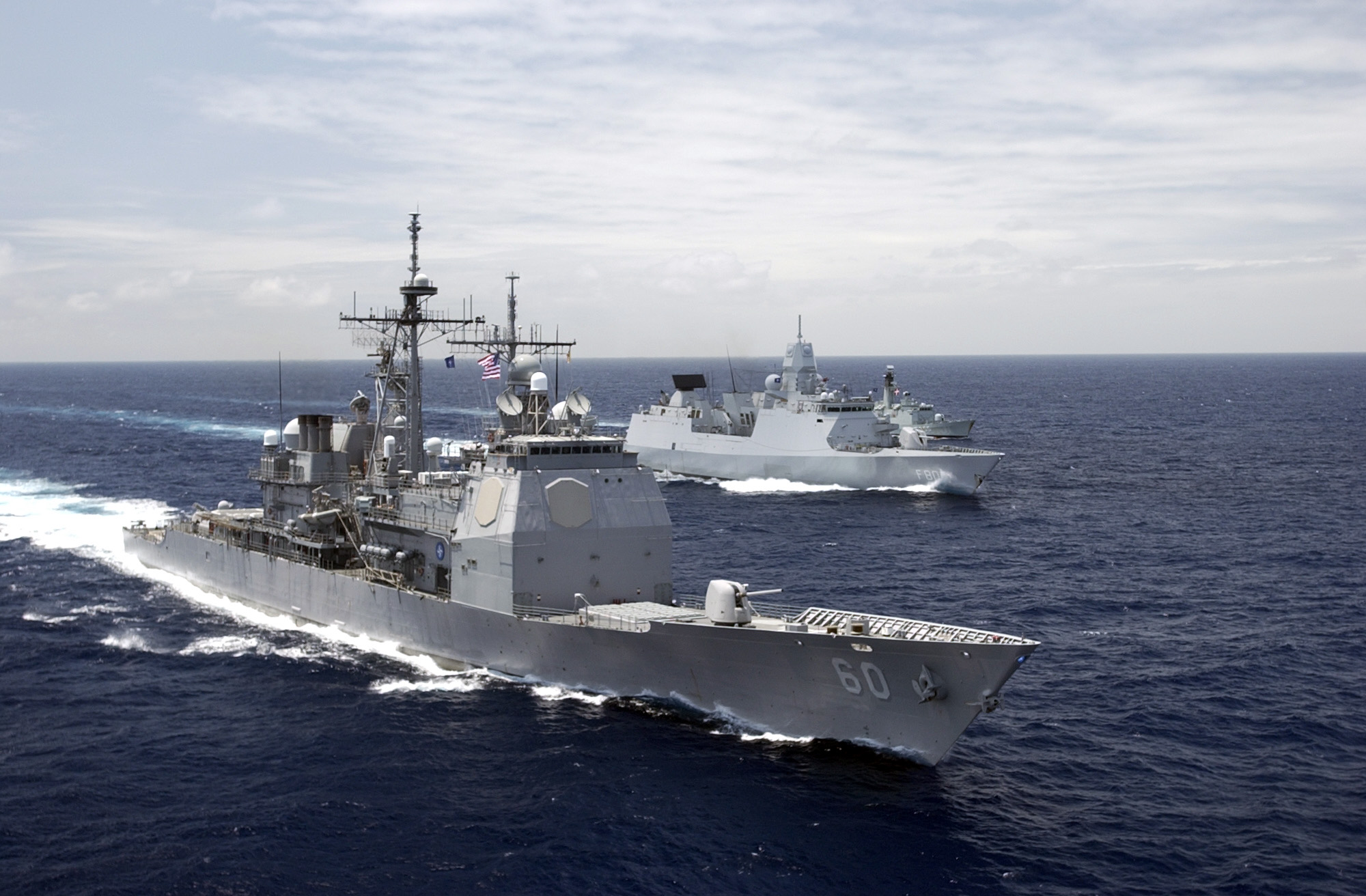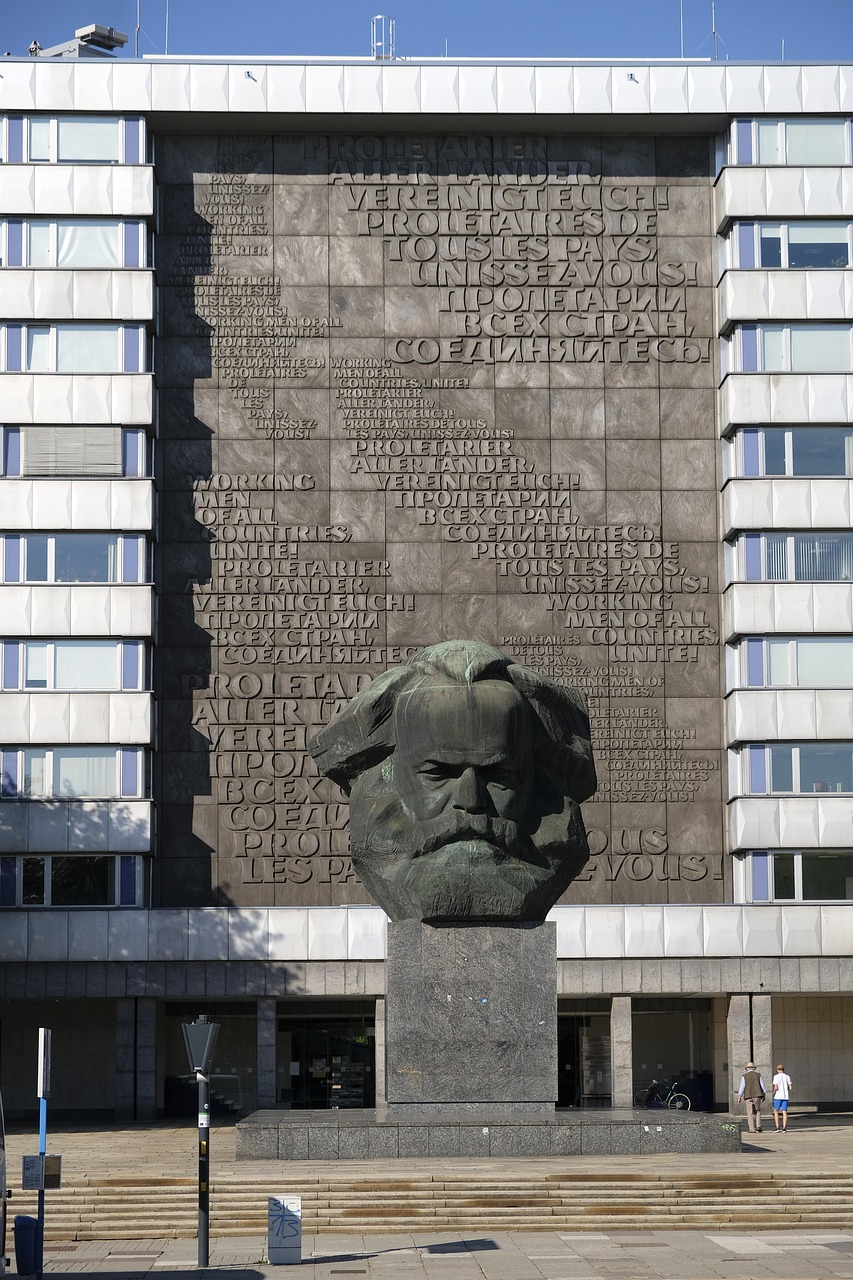Speaking at the Warsaw Security Forum, Ben Wallace the British Defence Secretary declared Russia’s war on Ukraine a ‘wake-up call’ for NATO members, highlighting a return to great power politics.
With Finland becoming the 31st member and Sweden’s desire to join, the prominence of NATO has increased. Neutral states joining the organisation is indicative of the shift and a realisation of the pivotal role NATO plays. Because of the conflict neutral states are wanting to join NATO, which indicates that NATO is needed as a provider of collective security.
NATO members have now come to realise security and defence is a priority once again. Wallace also highlighted that it is not merely boosting military numbers but also infrastructure and weaponry which has to be modernised. The British Government aims to increase their military spending to 3 per cent.
With Finland now officially a member state, European security is guaranteed as well as expanding the Trans-Atlantic security and defence alliance. NATO’s extension shows an increased awareness of the threat from Russia. Finland’s accession is indicative of the power shift caused by the war and the realisation that action must be taken now.
States with less military capabilities are seeking to become NATO members to ensure their security, defence and stability. Nuclear weapon member states have pledged their arsenals to prevent proliferation, but also to provide security against nuclear threats to non-nuclear states.
At the Madrid Conference in 2022, a new baseline was set for its defence and deterrence posture covering, land, air, sea, cyber and space. The increased geopolitical tensions also highlight how this aspect of NATO is essential, as it has the capability to shape politics in the international realm.
The organisation has strengthened its partnerships with other countries like Georgia and Ukraine by increasing military training and joint exercises. By doing this, NATO is helping to create both regional and international stability. If the alliance was not pivotal this conflict would be a recipe for nuclear proliferation. Furthermore, small members like the Baltic States are better protected as NATO continues to show its reliability.
The organisation has also increased cooperation with Japan, Australia and South Korea to address global security challenges like hybrid warfare. During this crisis NATO has reaffirmed the relevance of the alliance by addressing security challenges in the region and internationally.
The invasion of Ukraine has become the catalyst for states to realise the vital role NATO plays in collective security and defence. Finland is the first state to put this new understanding into practice, with Sweden close to becoming the second. With the threats to international security posed by Russia and China now starkly revealed, who knows how many more nations will follow suit.















